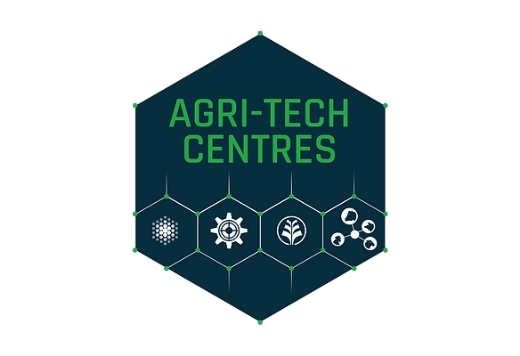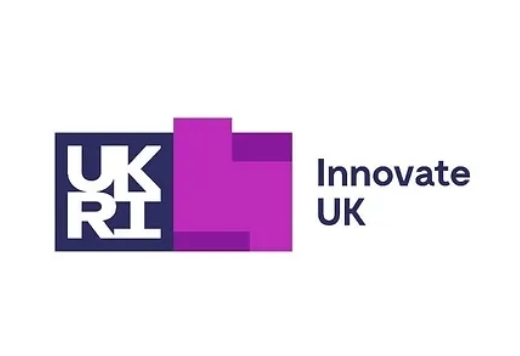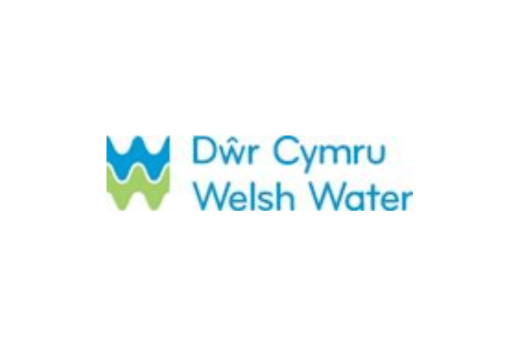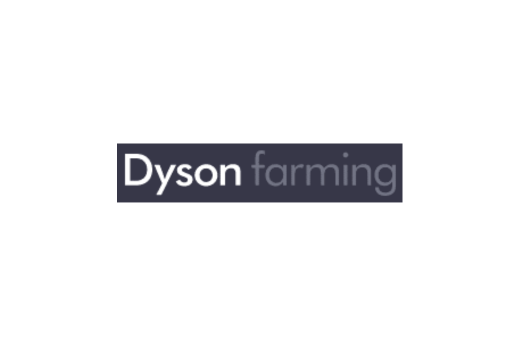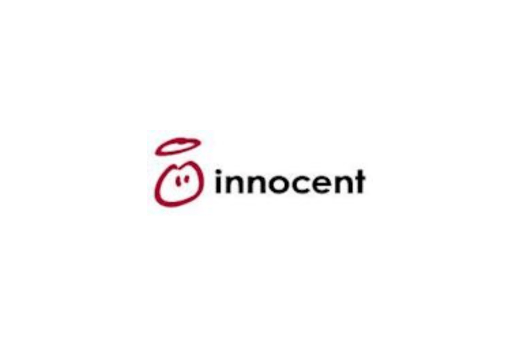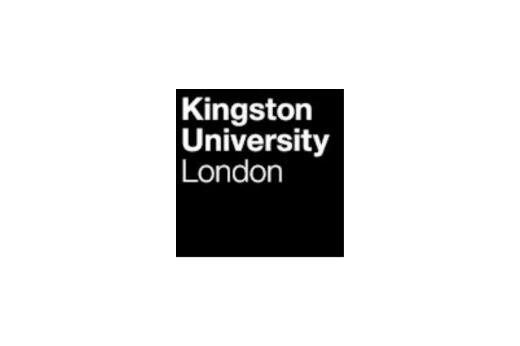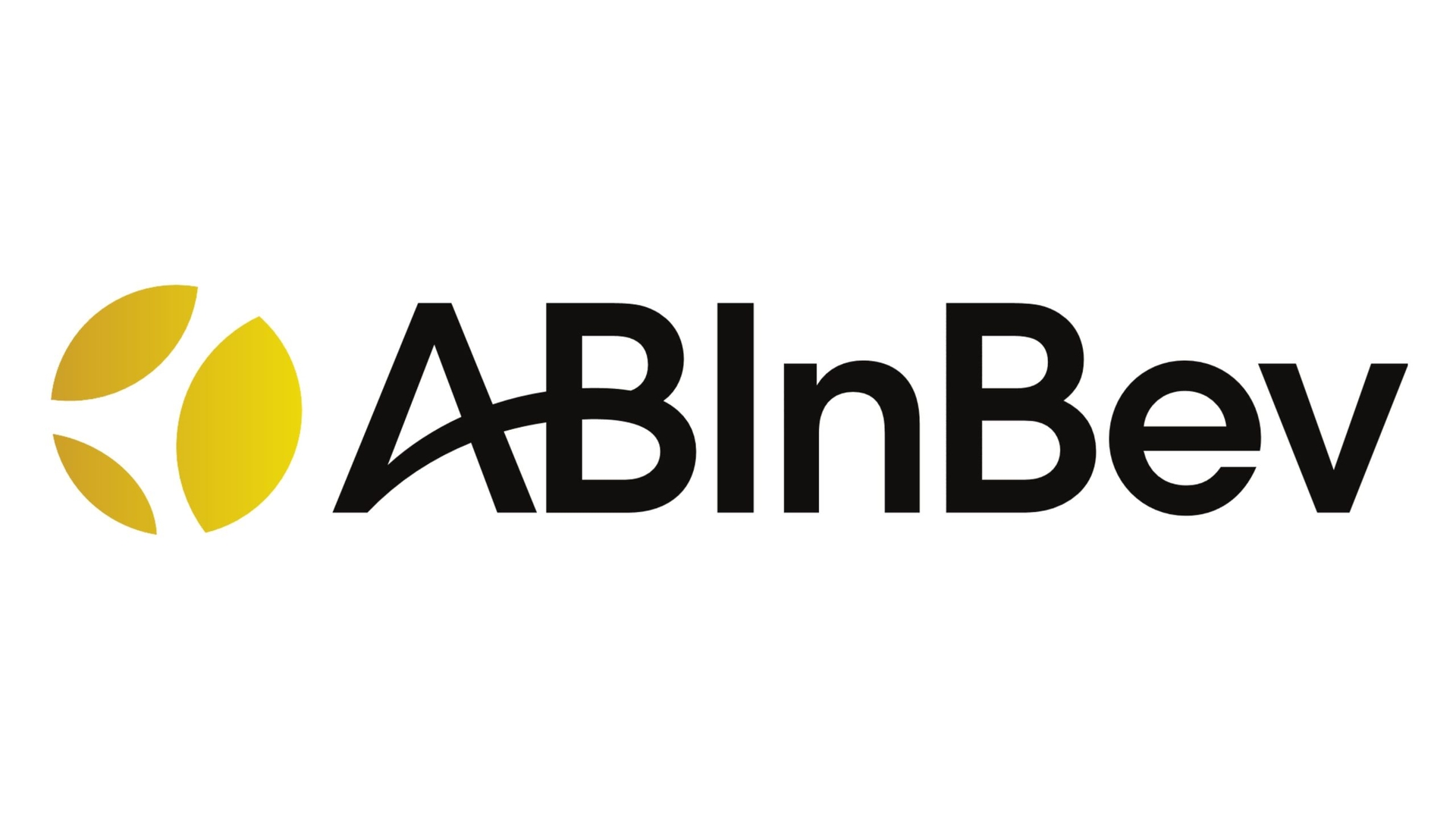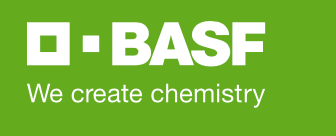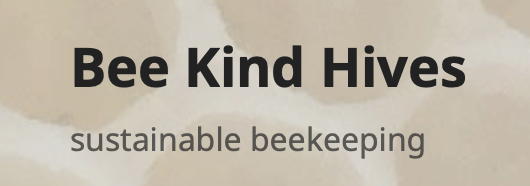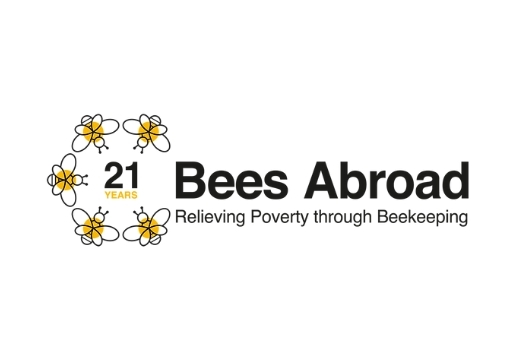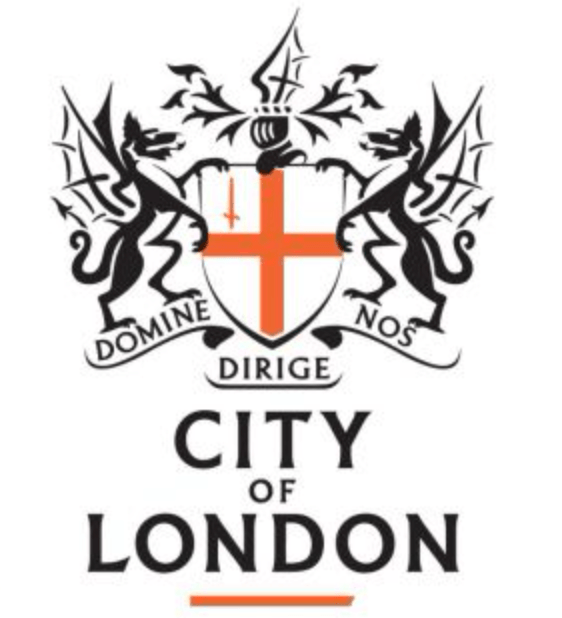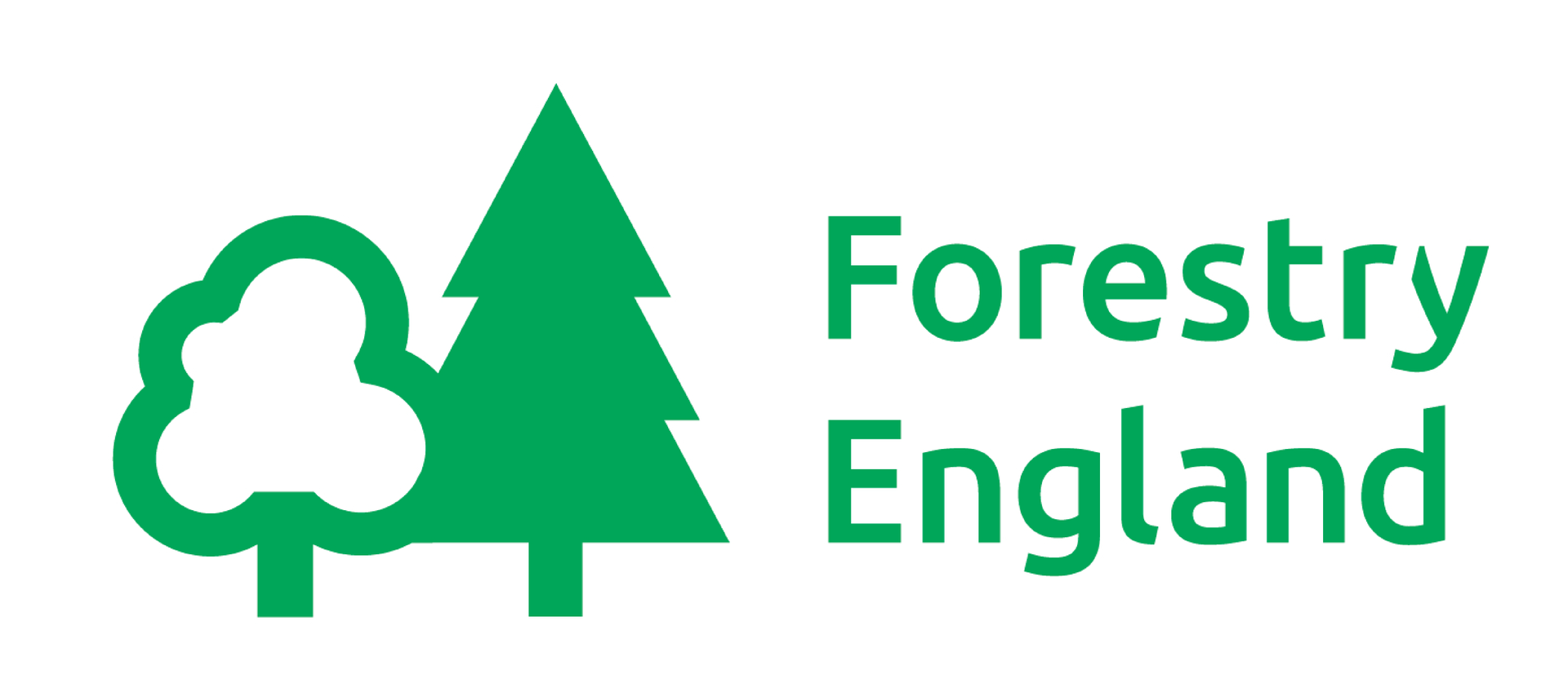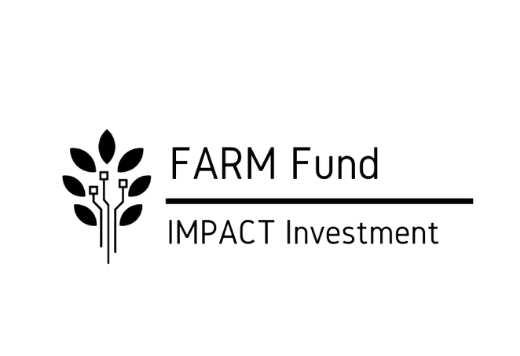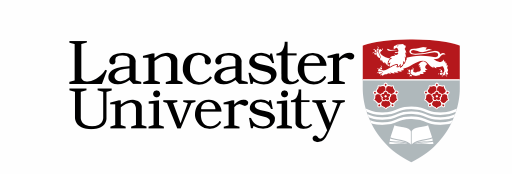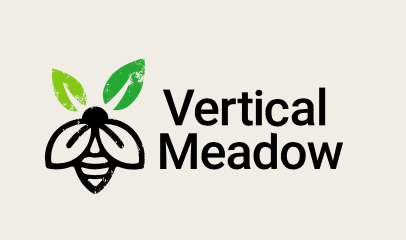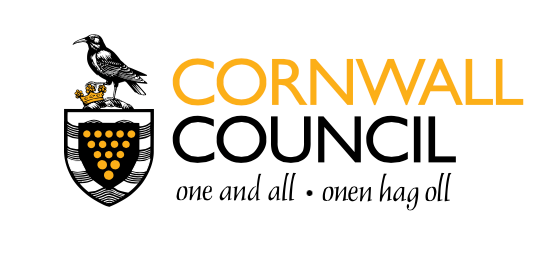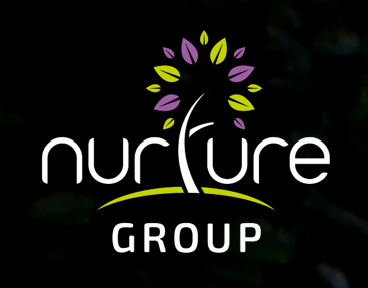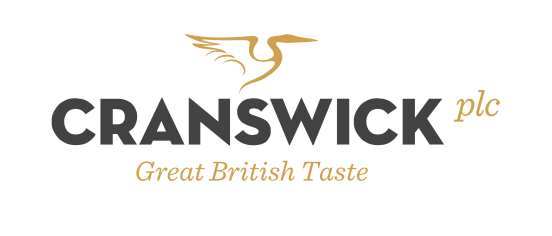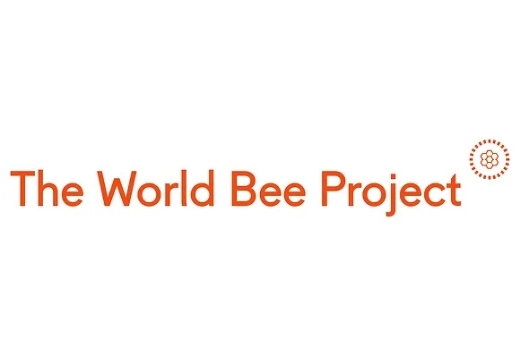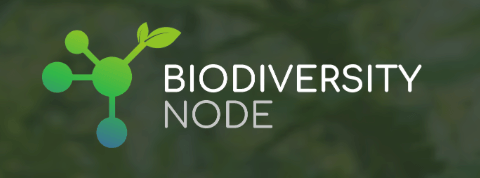Enhancing Yield quality and quantity
The world is losing around 44 million metric tons of fruits due to inadequate pollination. Adapting precision pollination methods is a key to bridge the gap
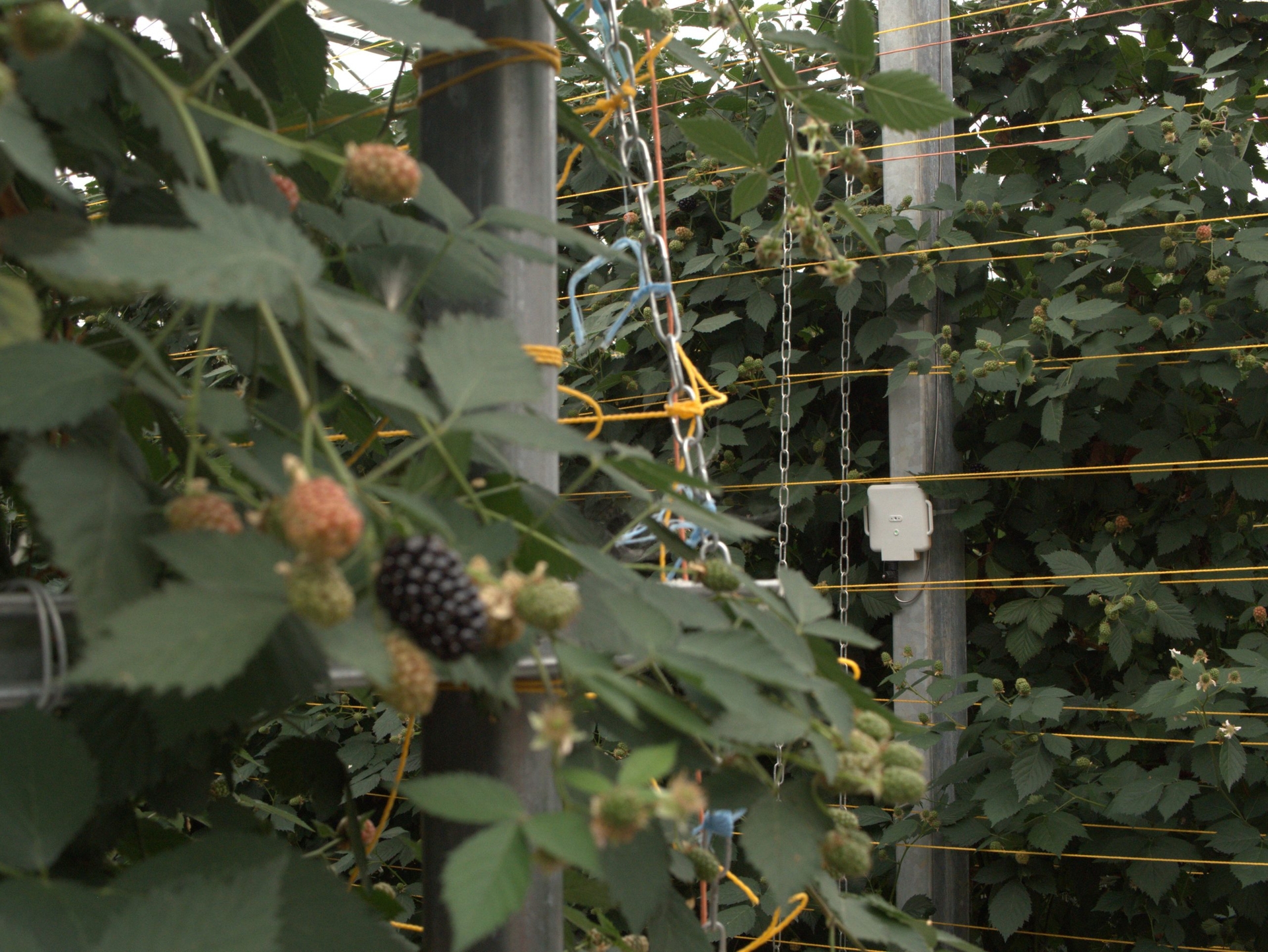
Pollinators play a critical role in crop yield
Pollinators play a critical role in crop yield
Without pollination, many crops would not be able to produce fruit, vegetables, or seeds. Insect pollinators, such as bees, butterflies, and moths, transfer pollen from the male part of a plant to the female part, allowing the plant to produce seeds or fruit. This process ensures that the plant can reproduce and continue to produce crops in future growing seasons.
pollinators are estimated to contribute to the production of around 75% of the world’s food crops.
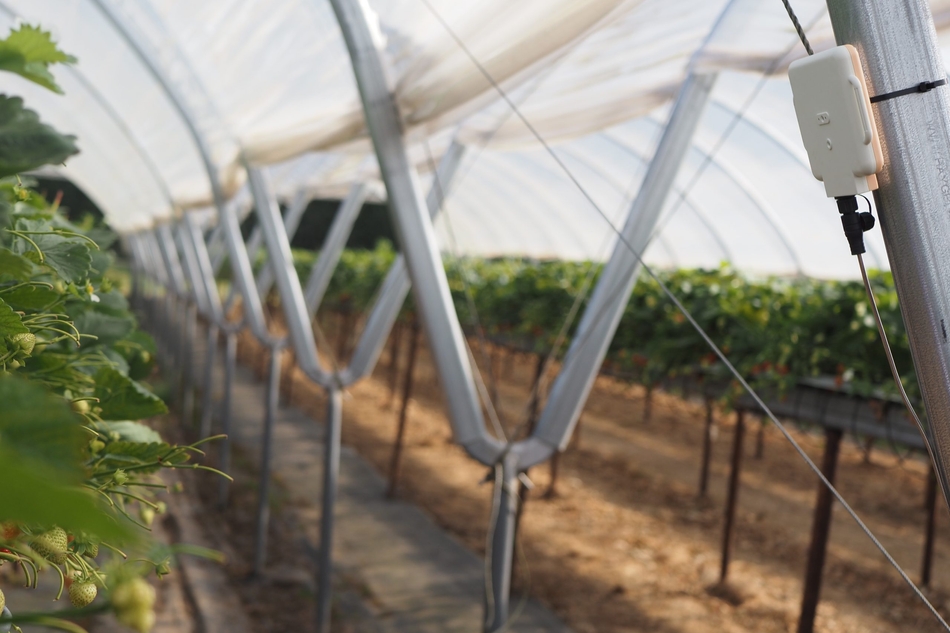
Pollinators can also improve the quality of the crops produced
Pollinators can also improve the quality of the crops produced
Pollination can increase the size, shape, and colour of fruit, as well as improve their taste and nutritional value. This is particularly important for crops that are sold in markets or exported, as high-quality produce commands a higher price. In short, pollinators are essential for crop yield and can help to ensure that the food we produce is of high quality and nutritional value.

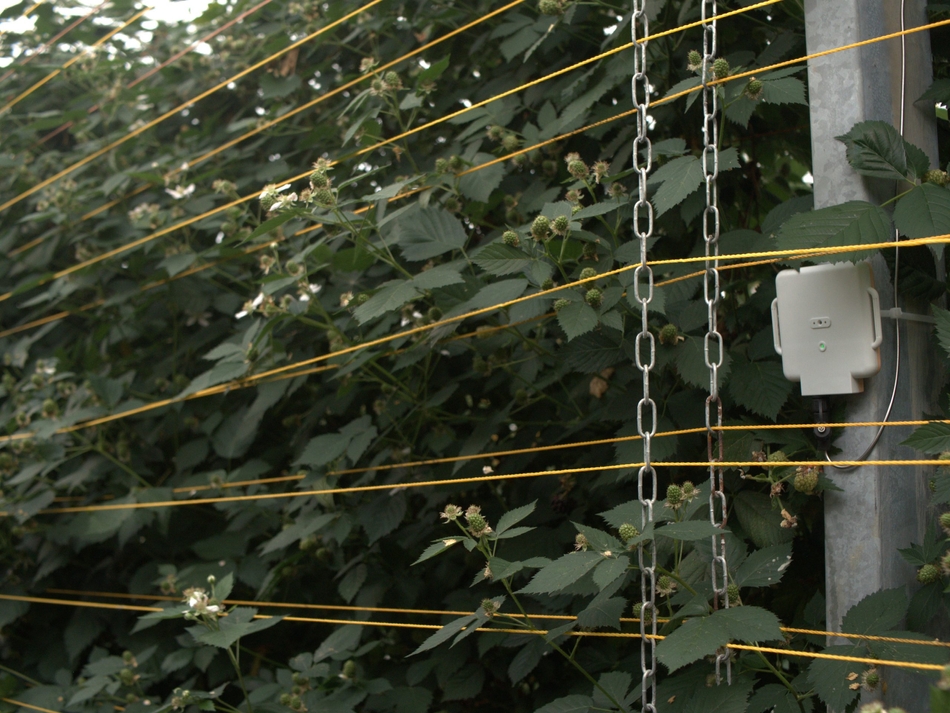
The decline in pollinator numbers presents a serious risk to food security
The decline in pollinator numbers presents a serious risk to food security
According to the Food and Agriculture Organization of the United Nations, pollinators are estimated to contribute to the production of around 75% of the world’s food crops. In some cases, the contribution of pollinators to crop yield can be significant. For example, a study in California found that almonds, which rely almost entirely on honeybee pollination, had a yield increase of 25% due to pollination.
Increased crop yield
Increased crop yield
Overall, AgriSound pollinator monitoring technology can help farmers to better understand and manage pollinator populations, leading to improved crop yields through increased pollination rates and reduced reliance on artificial pollination methods.
Better understanding of pollinator behaviour
Improved pollination rates
Reduced reliance on artificial pollination methods
Who we work with
We’re proud and grateful to work with a diverse group of commercial and non-for-profit partners.Who we work with

